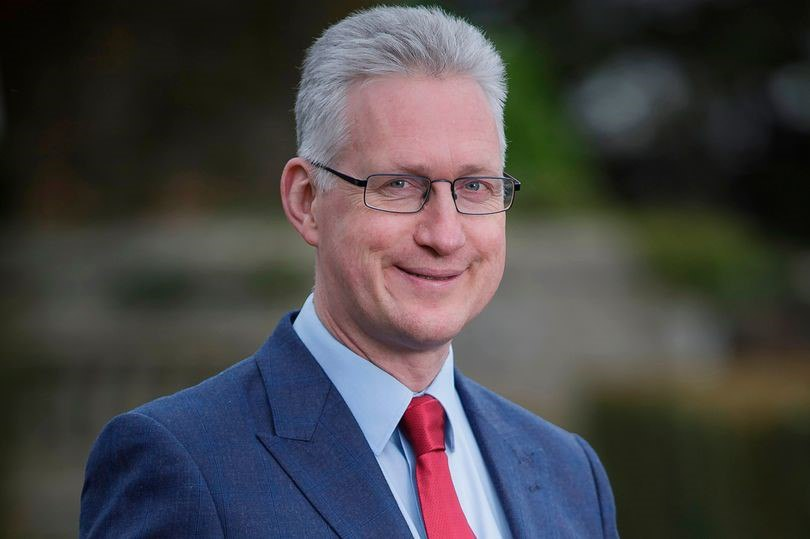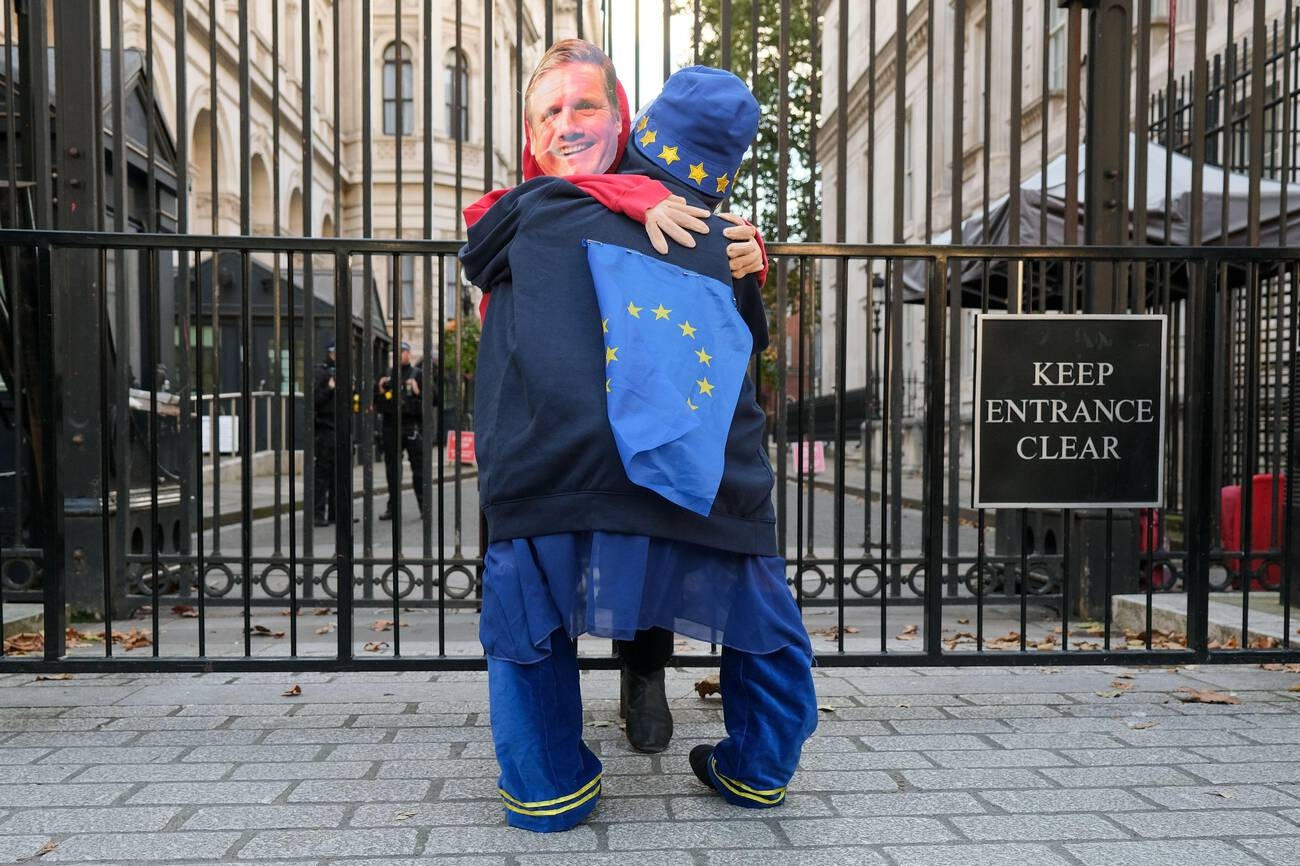British Swimmer Ben Proud’s Controversial Shift to Enhanced Games
The story of British Swimmer Ben Proud is more than a simple issue. It reflects profound dissatisfaction with doping

The story of British Swimmer Ben Proud is more than a simple issue. It reflects profound dissatisfaction with doping scandals, financial inequities, and governance in sport. The Olympic silver medallist Ben Proud has become the first Briton to join the Enhanced Games, an event that allows athletes to take performance-enhancing drugs. Proud has openly admitted that joining enhanced games could harm his reputation, yet he explained that financial security at this stage of his career is a major factor in his decision. What frustrates him more, he says, is seeing doping violations repeatedly occur in the traditional competitions he once loved. The Enhanced Games permit athletes to take substances approved by the United States Food and Drug Administration (FDA), under strict supervision.
While governing bodies condemn the Enhanced Games as a dangerous spectacle, Proud frames his decision as liberation from hypocrisy and a new chapter of performance. Whether the Enhanced Games endure or collapse, the distrust they expose in the UK sport system will remain.
From Olympic Glory to Controversy
British Swimmer Ben Proud, three-time world champion and a silver medallist in Paris 2024, has broken new ground by signing up for the Enhanced Games.
The competition, set for Las Vegas in May 2026, has already drawn sharp reactions. UK Sport, Aquatics GB, and global anti-doping groups have condemned the event, warning it risks damaging fair play and putting athletes’ health in danger.
Proud sees it differently. For him, this isn’t simply about chasing medals or cash. Ben Proud, 30-years-old, is fresh from winning silver in the 50-metre freestyle at the Paris Olympics last summer. Now, despite his successes, the swimmer, who first gained recognition on the international swimming stage at the Glasgow 2014 Commonwealth Games, has announced he will be joining the controversial Enhanced Games. He is the first Briton to do so.
Why Ben Proud views the Enhanced Games as a legitimate alternative
He says years of watching doping scandals go unpunished, combined with a lack of financial security and limited care for athletes, pushed him to look elsewhere. In his eyes, the Enhanced Games represent a way out of a system he no longer trusts.
The core theme underlying Proud’s decision is distrust. The clearance of 23 Chinese swimmers who tested positive for the banned substance trimetazidine in 2021 deeply frustrated him. Proud admitted he “lost trust in the system” when these athletes were allowed to compete at the Tokyo Olympics.
He explained:
- British athletes are held to strict standards, frequently monitored by UK Anti-Doping.
- Yet global enforcement remains inconsistent, with major nations accused of protecting athletes.
- Such double standards, Proud argues, undermine fairness and render sacrifices by clean athletes meaningless
This perception of hypocrisy is central to understanding why British Swimmer Ben Proud views the Enhanced Games as a legitimate alternative.
Financial Realities and Incentives
Another powerful factor is money. Proud has spoken openly about the financial struggles of Olympic swimmers. Despite years of medals, he noted it would take “13 years of winning world championship titles just to earn what I can win at one competition at the Enhanced Games”.
The Enhanced Games offer:
- $500,000 total prize purse per event.
- $250,000 for the winner of each event.
- $1 million for breaking a world record in sprint events like the 50m freestyle
- For Proud, approaching the end of his career at 30, this is “too good an opportunity to pass up” – not only for himself but also to secure his family’s future
The Enhanced Games: Concept and Criticism
The Enhanced Games, launched in 2023 by Australian entrepreneur Aron D’Souza, were designed as a bold experiment — merging elite sport with medical science. Unlike the Olympics, the Games openly allow competitors to use FDA-approved performance-enhancing substances, all under medical supervision.
Supporters argue this approach offers transparency. Rather than fighting a losing battle against doping, they claim the Enhanced Games acknowledge reality, creating a separate category where everything is out in the open. “It’s not clean sport,” British Swimmer Ben Proud has said, “but something different — and I respect that distinction.”
Critics, however, have been scathing. They argue the event:
- Risks athlete health.
- Undermines integrity of competition.
- Normalises doping, blurring lines between fair play and enhancement
The World Anti-Doping Agency (WADA) has condemned it as “dangerous and irresponsible,” while UK Sport calls it “the absolute antithesis to our philosophy of winning well.” Aquatics GB and the British Olympic Association warned it undermines athlete welfare and damages the very idea of fair competition.
Supporters, including Proud, counter that:
- It is not “clean sport,” but a separate category altogether.
- Everything used is legal, FDA-approved, and done under strict medical monitoring.
- It offers transparency compared to the “cat-and-mouse game” of anti-doping in traditional sport
Backlash from British Institutions
Reactions in Britain have been overwhelmingly negative:
- Aquatics GB called Proud’s decision “immensely disappointing” and reaffirmed commitment to clean sport
- UK Sport condemned the Games “in the strongest possible terms” and confirmed that British Swimmer Ben Proud will lose access to public funding
- UKAD warned that participation “diminishes, rather than enhances, all those involved”
- British Olympic Association branded the event “cynical and dangerous”
These statements underline not only institutional opposition but also how Proud’s move highlights growing distrust between athletes and governing bodies.
British Swimmer Ben Proud defends himself
Proud has repeatedly defended himself, framing the move as:
- A personal choice at the end of a long career.
- An experiment with science and performance.
- A chance to be “the fastest man on the planet” using new methods
He insists he will not take anything unsafe and stresses that medical teams will oversee every step. Moreover, Proud claims he has no intention of returning to traditional swimming, out of respect for the sport and to maintain a clear boundary between the two formats.
British Swimmer Ben Proud’s decision raises difficult questions:
- Trust in Governance – If athletes believe systems are unfair or biased, they may look for alternatives, however controversial.
- Athlete Welfare – Financial insecurity drives athletes to risk reputational damage for stability.
- Innovation vs. Tradition – Should sport evolve by embracing enhancement, or does this betray its spirit?
The Enhanced Games may not replace the Olympics, but they signal frustration with existing systems. Proud’s leap illustrates both the fragility of institutional trust and the appeal of radical alternatives.









